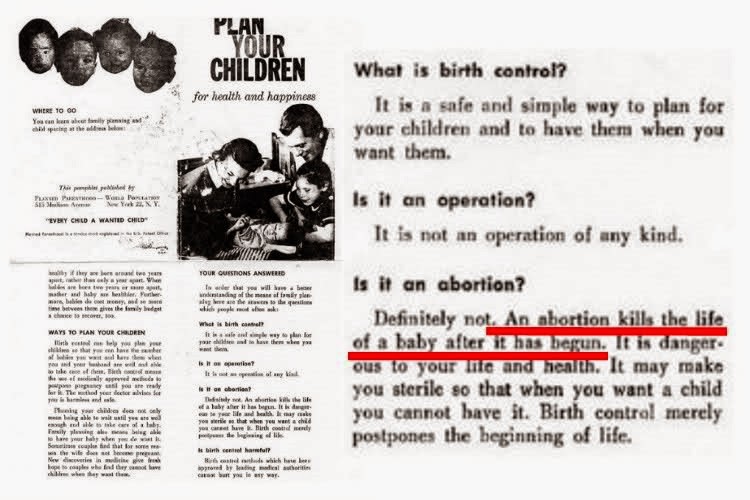Transformation is on the horizon. Here’s why.
transformations, once thought impossible, can be realized very quickly. When
momentum reaches a certain level, social opinion reaches a tipping point and
the prevailing norm then gives way to a new standard.
1850s, slavery was a well-entrenched social institution in the United States,
so much so that any thought that it might be abolished in the foreseeable
future was considered foolish. In Parties
and Slavery, 1850-1859, historian Theodore Clarke Smith writes
(emphasis added):
In spite of the Kansas
question [whether or not to have slavery in the territory of Kansas] the
slavery problem was not the only nor even
the most important subject in popular interest, except for brief periods;
and it was never regarded at any time as anything but an unpleasant
interruption except by professed agitators. Nevertheless, in these years the
attitude of the northern people towards the south underwent a distinct change.
In 1850 the great majority of voters were not ready to let their dislike of
slavery draw them into any permanent antagonism towards the south…
party was formed: the Republican Party. It performed respectably in the 1856 election,
garnering second place in a multi-party field, and the Republicans won the presidential
election in 1860. The institution of slavery collapsed in 1865 with the
adoption of the Thirteenth Amendment—when only fifteen years earlier, all but “professed
agitators” had viewed slavery as a relatively unimportant political issue.
abound. When Ronald Reagan proclaimed in 1981 that “The West won’t contain Communism.
It will dismiss it as some bizarre chapter in human history whose last pages
are even now being written,” his was a minority view. (The Berlin Wall fell in
1989.) Roe v. Wade itself came as a
surprise to most Americans. When Margaret Sanger died in 1966, Planned
Parenthood was still anti-abortion. A 1964 Planned Parenthood
pamphlet stated plainly that “an abortion kills the life of the baby after
it has begun.” At that time, few would have guessed that preborn human lives
would be stripped of all legal protections in 1973. And more recently, cultural
and legal acceptance of same-sex marriage has progressed at a remarkable pace.
we explain the suddenness of these seismic historical shifts? Many factors are
at work, but the “Overton window” provides a very plausible explanation for
this phenomenon. Joseph P. Overton posited that with respect to any particular
issue, such as slavery or abortion, the public does not consider every possible
outcome at once. Rather, there is a “window” of reasonable discussion, with the
“reasonable” options defined by “what politicians believe they can support and
still win re-election.” This window is not static, but can be adjusted to
include viewpoints not currently in the window. This process, termed “moving
the Overton window,” is achieved when the public sees that a sensible case be
made for views not currently under consideration. This is what happened when
the Republican Party began winning elections on an anti-slavery platform. In
this way, many more times than not, the perfect is the ally of the good.
support for the right to life than there has been in decades. Pro-life
politicians, particularly at the state level, are coming out in favor of
innovative legislation, such as banning abortion for pain-capable fetuses (~20
weeks). More recently, there has been discussion about banning abortion methods
that require dismemberment of the unborn child.
abortion bans already
enjoy support from the majority of the American public, especially women. This
means that we aren’t pushing the Overton window. To do that, more ambitious
proposals are required. Now is the time to bring the ideal—a complete
restoration of the right to life—into the realm of possibility.
of caution needs to be sounded here. While the call for the end to abortion
should be voiced, doing so with indefensibly strident rhetoric will not prove
fruitful in the long term. Pro-life advocates should strive to avoid the “bombast
temptation” even though it evokes greater interest initially. In the long run the
mushy middle will respond far better to calm support and well-reasoned
arguments than to angry voices and personal attacks.
need to realize that in the battle to defeat abortion, opposition from
pro-choice power centers will escalate as the pro-life position becomes the
norm. In fact, this is the sign that pro-life efforts are reaching fulfillment.
As Mahatma Gandhi famously said, “First they ignore you, then they laugh at
you, then they fight you, then you win.”
now at the beginning of the “fighting stage” and must press on to final victory.
Let us recall the words of noted historian Arthur Schlessinger Jr. (1992)
regarding the fall of Communism: “History has an abiding capacity to outwit our
certitudes…”
time to move the window. Now is the time for great boldness. Our conviction, based solidly in historical
precedent, should drive our belief that the advent of a totally pro-life
culture is on the horizon.
in Mathematics from George Mason University and an MS in Mathematics from the
University of Wyoming. He has worked as a statistical analyst, polling
director, and radio talk co-host. Contact him at mcrone@masonlive.gmu.edu.
obtained a Bachelor of Arts in Philosophy from Mount St. Mary’s University and
a Master of Divinity degree from Holy Apostles College and Seminary. He may be
contacted at jpk61111@aol.com.


Leave a Reply
Want to join the discussion?Feel free to contribute!